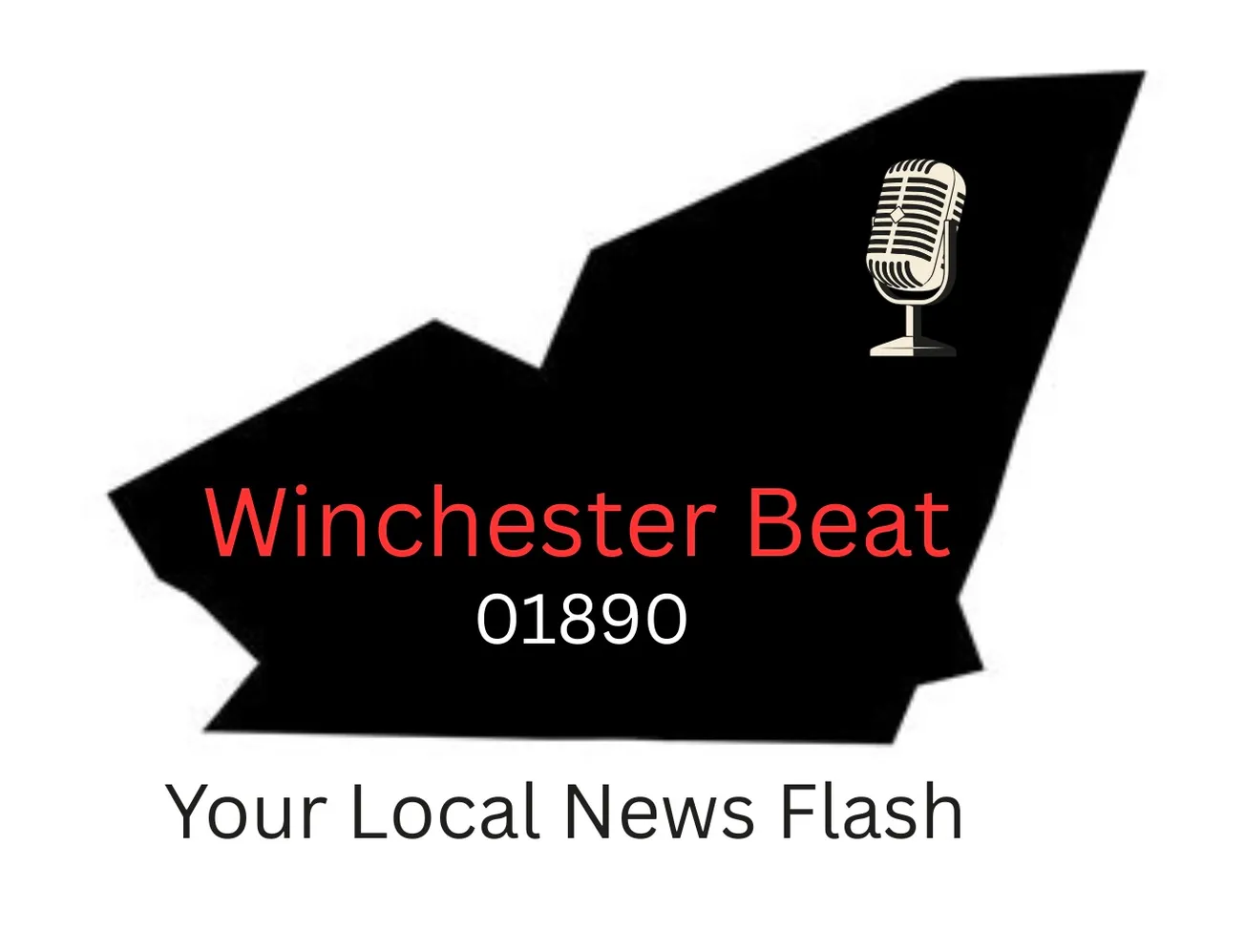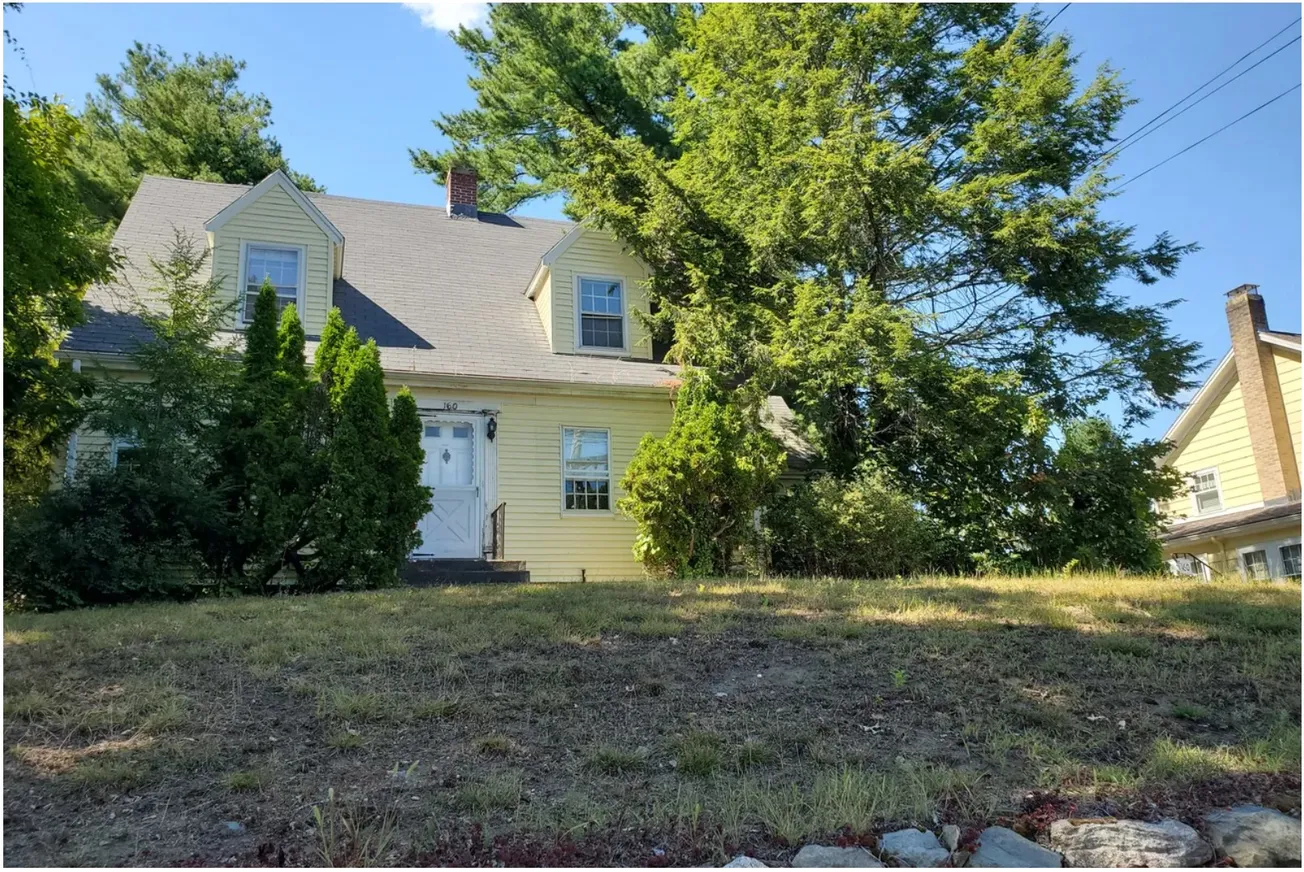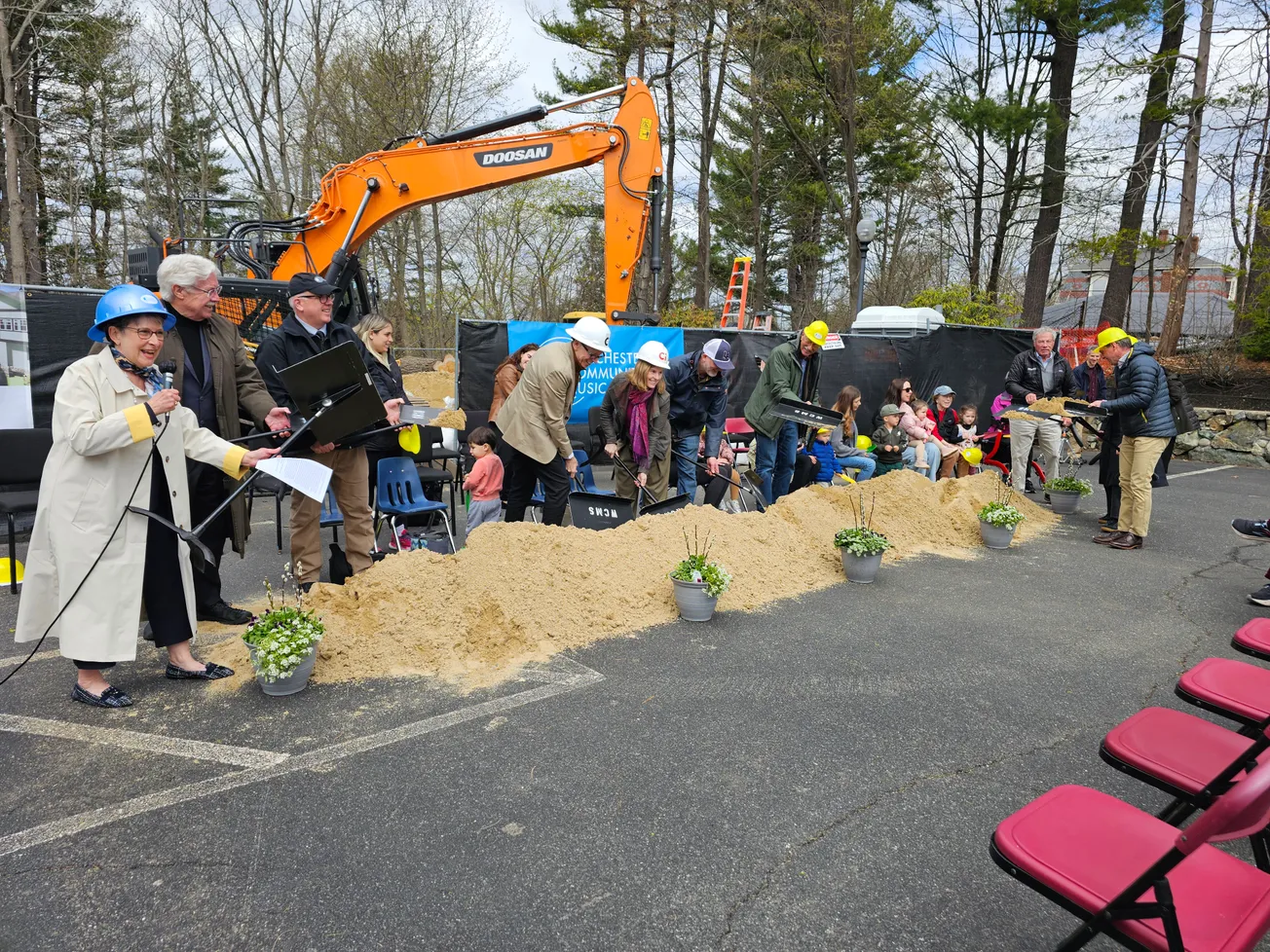Table of Contents
The School Committee has approved the $70 million fiscal year 2026 preliminary level services budget, but made clear there is still much work to be done.
While the preliminary budget will be sent to the town ASAP, Superintendent Dr. Frank Hackett pointed out that a lot is likely to happen between January and Town Meeting in May that will impact the FY26 budget.
“There will be continued adjustments likely to the budget that we will need to make,” he said.
Hacket explained a level service budget provides the necessary level of services to meet the needs of students without any additional staffing, but it’s somewhat fluid.
He said there is still information that will come in down the road that will likely impact the bottom line of the level service budget.
There will be a presentation next month on enrollment projections from the UMass Donahue Institute and adjustments would likely be made based on that, he said, adding there might also be adjustments made for multilingual learners or unanticipated special education needs.
“All of that has to be within the level service budget, because the definition of it is that we can go into next year and provide the services that our students need and are required,” he said. “What this budget does not include is new positions for anything in terms of program.”
That is where the rest of the budget work comes in.
Hackett said while they continue to tweak the level services budget, they will also work on a recommended budget, outside the level service budget, with input from the community, staff and students.
This budget will continue to build on the level services budget by including priorities identified through feedback, but with the understanding that “we are looking at this not just as an FY26 budget,” Hackett said.
“We’re looking at this as a multi-year plan,” he added.
That means at some point the School Committee will have to decide what pieces should go into the FY26 recommended budget that’s to be voted on March 13, and what can be worked into a longer time frame.
Feedback
With the preliminary budget approved, School Committee member Michelle Bergstrom said the next step in the budget process is obtaining feedback on the level services budget.
Hackett said one of the reasons for the change in the budget process timeline was because they want to spend more time hearing from the community and getting input from staffers.
Bergstrom said the plan is to reach out to the community through a survey, which is actually more like a focus group because it allows for engagement.
“It’s the same tool that we use to get feedback, initially from the staff,” she said. “Parents should be looking for that survey to come to them via Parent Square when it’s available.”
Bergstrom said she also plans to reach out to Michaela Jenns, the student representative on the School Committee, to figure out the best way to reach students so their voices will also be included.
“We’re super excited to see feedback from the community … It really is a collaborative process to really be able to bring a town and school budget to Town Meeting in the spring, and we look forward to just having everyone be a part of that,” she said.
The timeline
• Jan. 30: School Committee votes on preliminary level services budget: DONE
• Continued community input and feedback via survey
• School Committee Budget Subcommittee meets with town Finance Committee regarding level services budget.
February
• Feb. 13: School Committee meeting with FY26 budget update.
• Feb. 27: School Committee presentation of FY26 Budget Book with invitation to the Finance Committee to attend.
March
March 13: School Committee votes to approve School Committee recommended budget.
April & May
• April 29: Town Meeting is scheduled to begin.
• School Committee works with town Finance Committee and Select Board to ready the budget for Town Meeting approval
• Winchester Public Schools financial articles are presented and voted after May 1.
Tom Hopcroft called the new extended timeline a good thing.
“As everyone knows, the school budget is the majority of the town budget,” he said. “Having a rushed process doesn’t serve anyone.”
He said being able to take the time to engage stakeholders, get feedback and have a more deliberative process better serves everyone’s interests.






